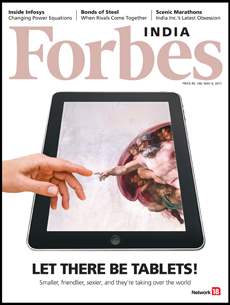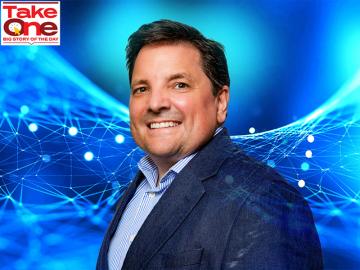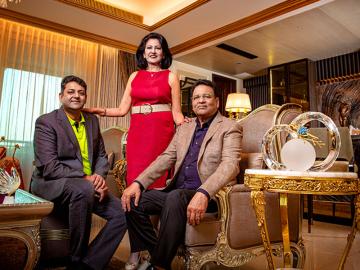
The Computer Is Personal Again
No wires, no delay in starting up, always connected to the Internet, touch-based the tablet is the future
When Steve Jobs unleashed the iPod and the iPhone upon the world, many thought they were revolutionary. His third creation, the iPad, received a lukewarm reception. Yet, in all probability, this will be the product that will change the world of technology much more than Apple’s previous two products.
Though in the last two decades our lives changed because of the personal computer, we haven’t been able to establish an emotional connect with it. For years consumers have been struggling to understand why using a computer is so tough. Think about the oddity called “computer literacy”. There is no refrigerator literacy, microwave literacy, or LCD TV literacy.
 The tablet format of computers is the way computing was meant to be done. No wires, no delay in starting up, always connected to the Internet, touch-based — the tablet is the future. It puts the “personal” back into the computer. This is possible because Internet connectivity is much more reliable and a lot of applications are migrating to the cloud. All that data and logic is lying on a faraway computer; all you need is a small device to access it.
The tablet format of computers is the way computing was meant to be done. No wires, no delay in starting up, always connected to the Internet, touch-based — the tablet is the future. It puts the “personal” back into the computer. This is possible because Internet connectivity is much more reliable and a lot of applications are migrating to the cloud. All that data and logic is lying on a faraway computer; all you need is a small device to access it.We believe this format of computing is important because it will affect our lives. This transformation will take time, but it will happen. We have put together an interesting collection of stories that will explain why the tablet is getting acceptance from a diverse bunch of people: A technophobic CEO, a consumer goods Leviathan, and a Haiku of a restaurant in Sri Lanka. We capture another interesting trend on the democratisation of software development. The powerful yet simple platforms offered by Apple, Google and Microsoft means garage outfits are developing small computer programs and making money. The tablet may be a tiny device but it has consumed the time and efforts of one-fifth of Forbes India’s editorial staff for a fairly long period of time! We liked the effort. We hope you enjoy the outcome.
Don’t go away. We have much more in store. We have a nice story about collaboration between competitors. Prince Mathews Thomas and Cuckoo Paul tell us why the steel industry is uniting to bid for raw material assets abroad. In a cogent piece, Mitu Jayashankar describes why Mohandas Pai left Infosys and what his departure tells us about the company. And Seema Singh’s story on how a pragmatic bureaucrat is helping create a biotechnology cluster near Delhi with promising companies is a must-read.
Make sure you have your copy of Forbes India close at hand on Easter Sunday!
(This story appears in the 06 May, 2011 issue of Forbes India. To visit our Archives, click here.)
-
 Nagesha
NageshaNice to know, we move towards border-less networks, cloud-computing, real 'broad'band, touch-based tablet; what else can we expect!
on Apr 23, 2011 -
 Shivnath
ShivnathReading your letter, I am looking forward to reading the magazine. The content list also looks interesting this time.
on Apr 22, 2011














